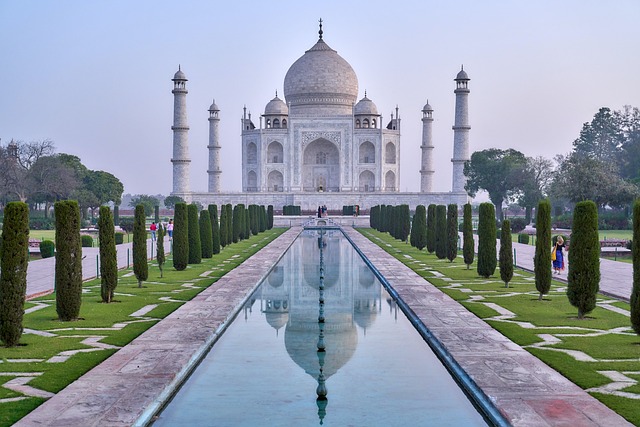Have you ever paused, truly paused, and felt a spark of wonder about something seemingly ordinary? The warmth of the sun on your skin, the vibrant red of an apple, the intricate pattern of a leaf? Science gives us incredible explanations – wavelengths, cellular structures, photosynthesis. Modern philosophy grapples with grand concepts – reality, knowledge, ethics. But somewhere in between, there’s the pure, unadulterated *experience* itself. That feeling of wonder, that immediate encounter with the world – this is where phenomenology steps in, offering a unique bridge.
For centuries, both science and philosophy have sought to understand the world, often by dissecting it, categorizing it, or building abstract systems. Science excels at uncovering the objective mechanisms, the ‘how’ and ‘why’ behind observable phenomena. It takes us from the surface appearance to the underlying laws of nature, a process that is itself filled with profound wonder. Yet, the phenomenological perspective asks a different, equally captivating question: What is it *like* to experience these phenomena? What is the structure of our consciousness as it encounters the world that science describes?
Modern philosophy, in its various turns and phases, has often debated the nature of reality, the limits of knowledge, or the relationship between mind and matter. Phenomenology, particularly in its origins with thinkers like Edmund Husserl, offered a radical pivot. Instead of starting with assumptions about an external world or abstract principles, it proposed starting with consciousness itself, with the *phenomena* as they appear to us. It’s a return to the source of our understanding, a deep dive into the structures of perception, memory, imagination, and feeling. This focus on lived experience adds a layer of wonder, reminding us that the intricate objective reality uncovered by science is always, first and foremost, a reality *experienced* by conscious beings.
So, phenomenology doesn’t negate the powerful insights of science or the complex debates of modern philosophy. Instead, it enriches them. It reminds us that beneath the equations and the logical arguments lies the bedrock of our immediate experience, the primary source of our understanding and, perhaps most importantly, the wellspring of our deepest sense of wonder about the universe and our place within it. It encourages us to look again, to feel again, and to truly appreciate the incredible fact that we *have* an experience of the world at all.




